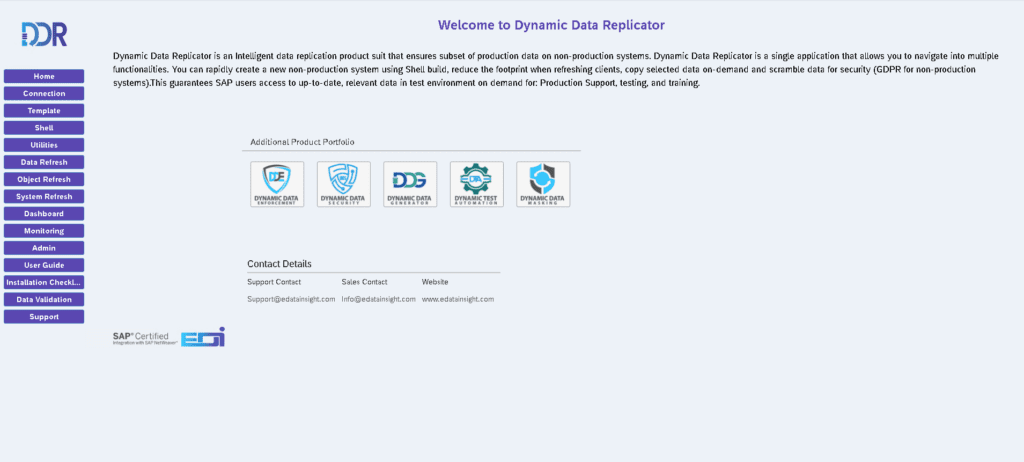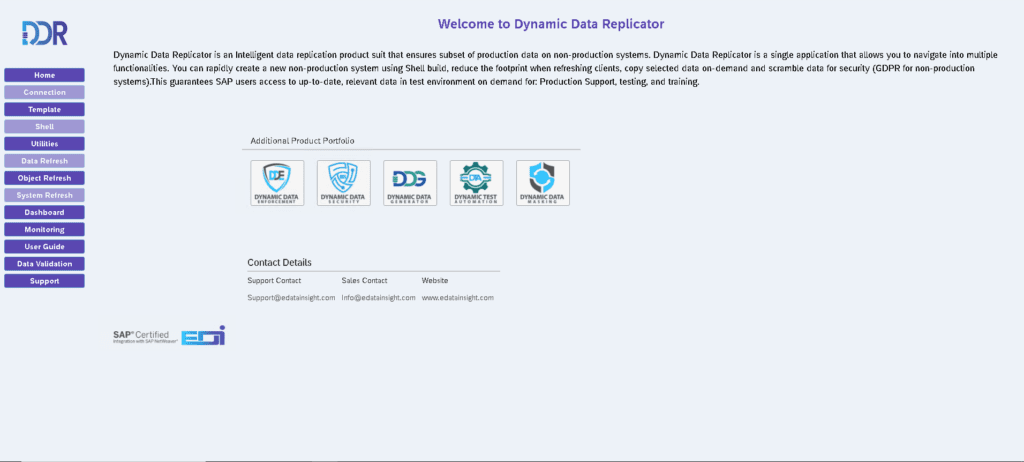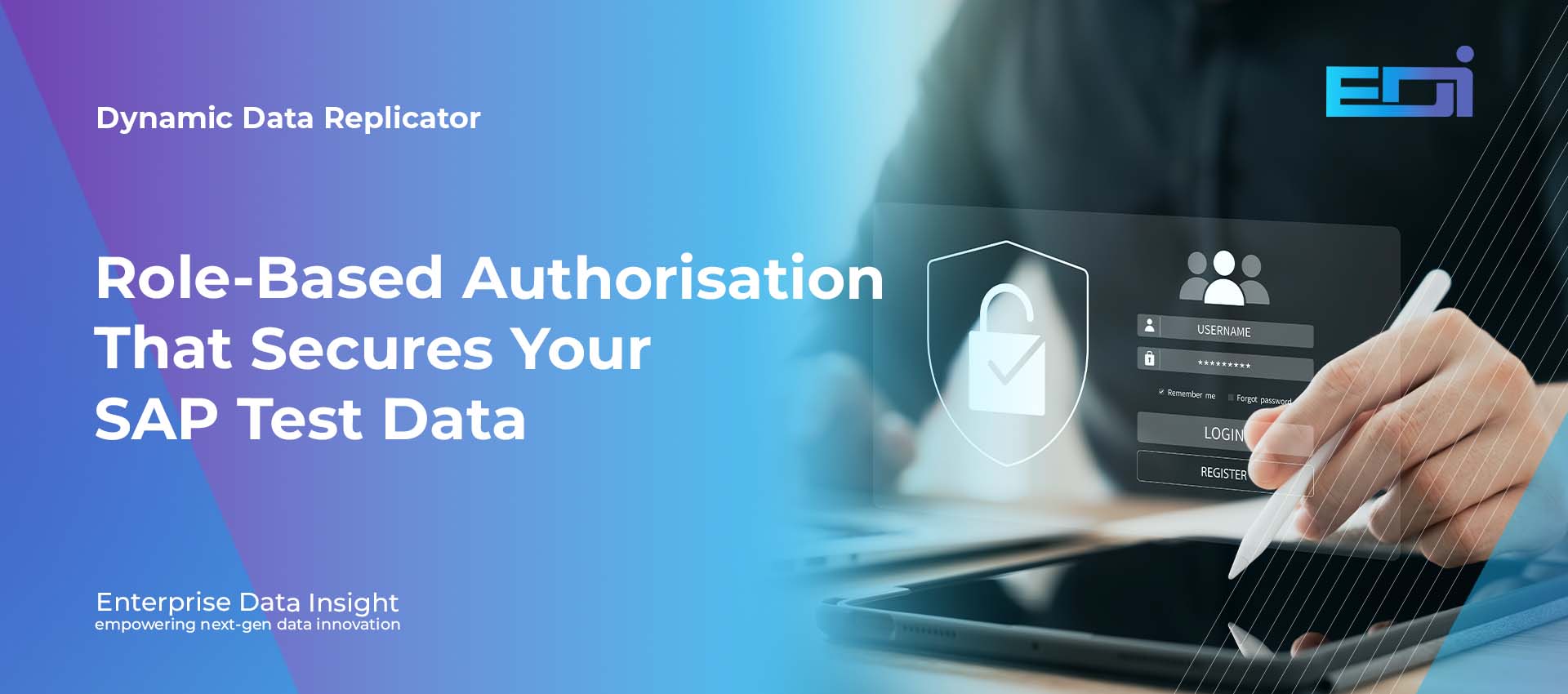Inside DDR Role-Based Authorisation That Secures Your SAP Test Data
🛡️ Why Authorisation Matters in Test Data Management
SAP Test Data Authorisation is critical when working with powerful tools like Dynamic Data Replicator (DDR), which can replicate, scramble, and manage SAP data across multiple systems. Without robust authorisation controls in place, this power can introduce serious risks—such as accidental data deletion, unauthorised replication, or unapproved configuration changes.
To mitigate this, Dynamic Data Replicator includes a custom authorisation framework, allowing organisations to define exactly who can access what, and what actions they’re permitted to take within the platform.
🧩 DDR Authorisation Model: Role-Based, Configurable, and Secure
DDR supports a three-tiered authorisation structure that aligns with typical SAP operational roles—ensuring the right people have the right level of control.
👨💼 Manager Role
- Full access to all DDR functionalities
- Can create, delete, and modify data replication jobs
- Has authority to manage user authorisations and define role-specific access
- Can approve or revoke sensitive operations
- Intended for system owners or SAP administrators with governance responsibility
👨💻 Technical User Role
- Access to most DDR functionality, including:
- Data replication
- Scrambling configuration
- Target system setup
- Job scheduling and monitoring
- Cannot delete users or critical configurations
- Ideal for BASIS consultants, SAP architects, or technical support teams

👤 Functional User Role
- Limited access, designed for business or functional teams
- Some menu items are greyed out or hidden, such as:
- Data deletion
- Client creation
- Authorisation management
- Can view and select data for replication, but cannot execute operations that could alter core configurations
- Ensures compliance and prevents unauthorised changes by non-technical personnel

⚖️ Functional vs. Technical: A Clear Distinction
While the Technical User has broad capabilities within DDR, the Functional User operates within a controlled, read-and-select-only mode. This distinction is intentional—it ensures that sensitive functions are restricted to trained personnel, while still empowering business teams to participate in test data operations.
🔒 Built-in Governance for the Most Advanced SAP TDM Platform
This authorisation model is a critical layer in DDR’s overall security strategy. It protects the integrity of both the SAP systems and the data flowing through them, while also aligning with enterprise compliance requirements such as:
- GDPR / Data Protection
- Segregation of Duties (SoD)
- Internal audit controls
Whether you’re replicating sensitive employee records, financial transactions, or business partner data, DDR ensures that only authorised users can perform sensitive actions.
✅ Summary: Secure, Controlled, and Compliant
Dynamic Data Replicator (DDR) is more than a test data tool—it’s a controlled environment built with enterprise-grade security in mind.
By introducing granular, role-based access, DDR empowers SAP teams to move faster—without compromising control.
| Role | Access Level | Key Restrictions |
|---|---|---|
| Manager | Full system access + user governance | None |
| Technical | High-level functional access | Cannot delete users or core configurations |
| Functional | View/select data, limited operations | No delete/create access, restricted menus |
With DDR, you gain speed and security—because in today’s world, you can’t afford to compromise either.
💬 Ready to see how DDR fits your security model?
Contact us today for a live demo tailored to your organisation.
#SAP #TestDataManagement #DDR #Security #AccessControl #SAPBasis #SAPFunctional #Compliance #ZeroTrust #DataGovernance


